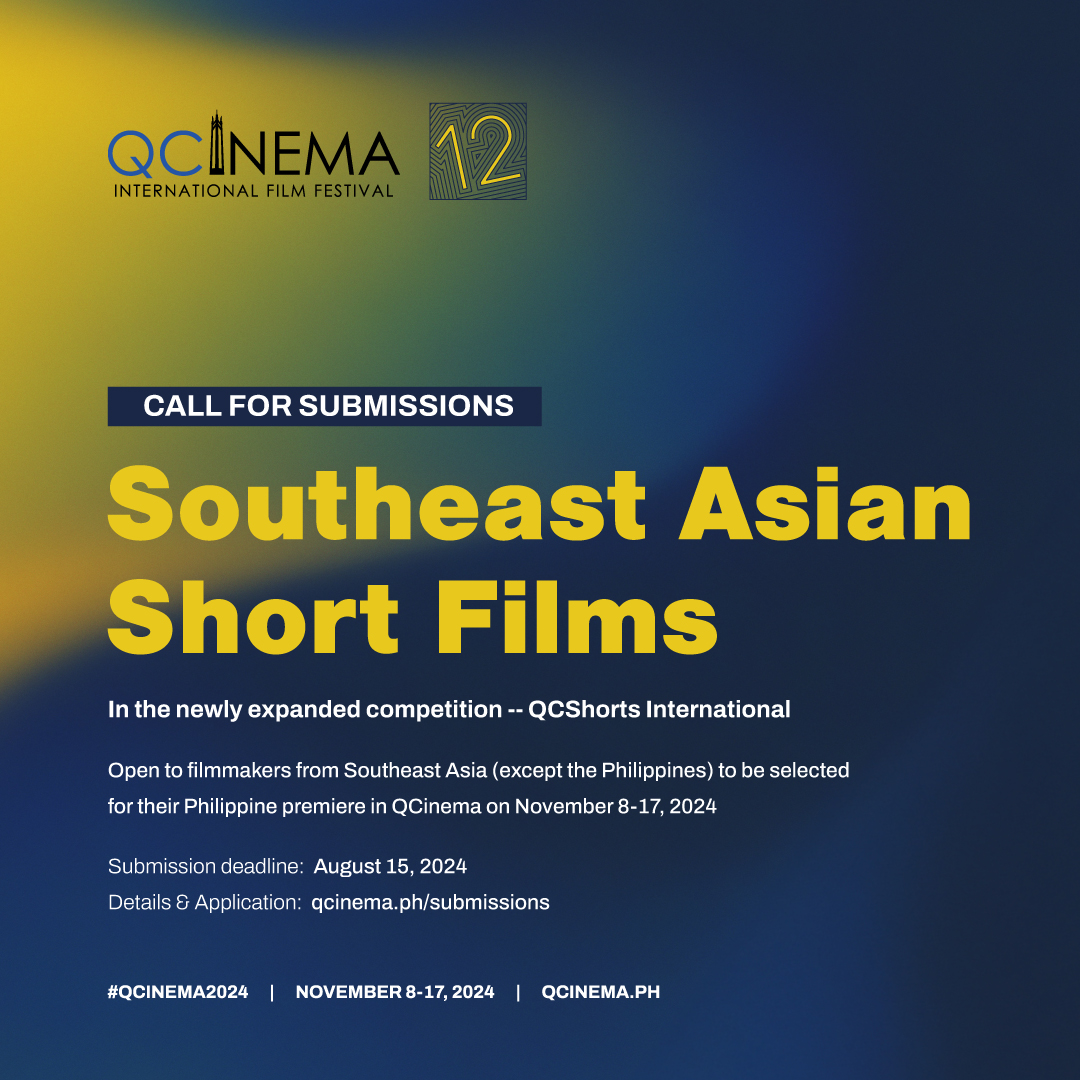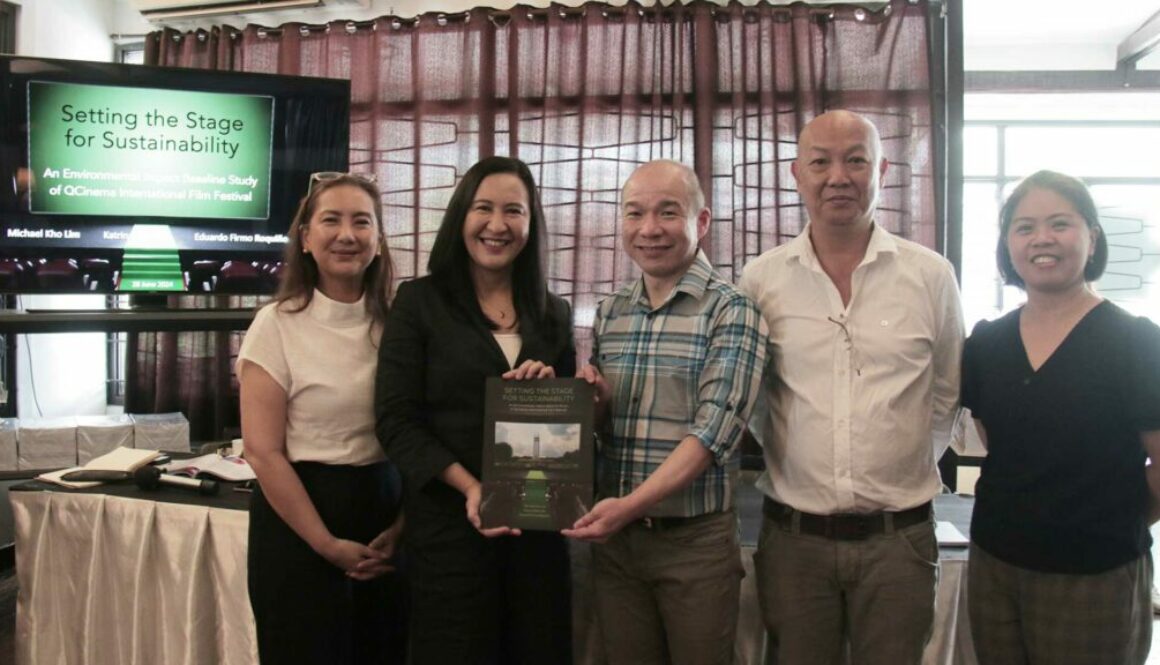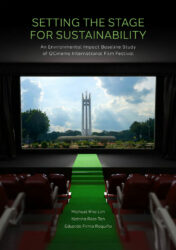Call for Submissions for QCShorts International 2024

OVERVIEW
QCShorts International is the international expansion of the long-running QCShorts competition, which will be a launching pad for Southeast Asia’s most promising filmmakers. Selected films will have their Philippine Premiere in QCinema 2024.
GUIDELINES
- The competition is open to all Southeast Asian directors of ages 18 years old and above (except the Philippines).
- The film must have a total running time of not more than twenty (20) minutes, including the opening and closing credits.
- Non-English language film submissions must include English subtitles.
- The festival accepts any form of genre: documentary, experimental, and narrative.
- Submitted films should not be available in any streaming platforms, free or paid accessible in the Philippines
- The festival only accepts films produced from January 2024 onwards
- The organizers and the selection committee reserves the right to disqualify any participant and/or to forfeit any prize from a participant who is found to have committed plagiarism or has undertaken fraudulent practice and/or activities harmful to the Festival or the Festival submission process.
- By entering a film for consideration to QCinema International Film Festival, the participants agree to abide by the Festival guidelines and rules. The QCIFF shall be indemnified of any liabilities.
- The decision of the Selection Committee is final and irrevocable. The organizers and the selection committee are not obliged to give an explanation for the results.
- Once accepted, applicants must provide a DCP of their film for curation.
ENTRY REQUIREMENTS
All are required, except when indicated. All image files must be in jpg or png format while links to video files must be valid URLs with access credentials for password-protected files. Physical media will not be accepted.
- The submission of a film must be done online using the Google form available at QCIFF’s Facebook Page. You may also access it here.
- For each film submitted, the applicant must answer the following elements via the registration form:
- Synopsis of the film (100-200 words)
- Biography of the director (Maximum 200 words)
- Headshot of the director
- Poster
- Screener link of the film available until December 31, 2024
SUBMISSION OF ENTRIES
Deadline for submission is until August 15, 2024, 11:59 PM.










